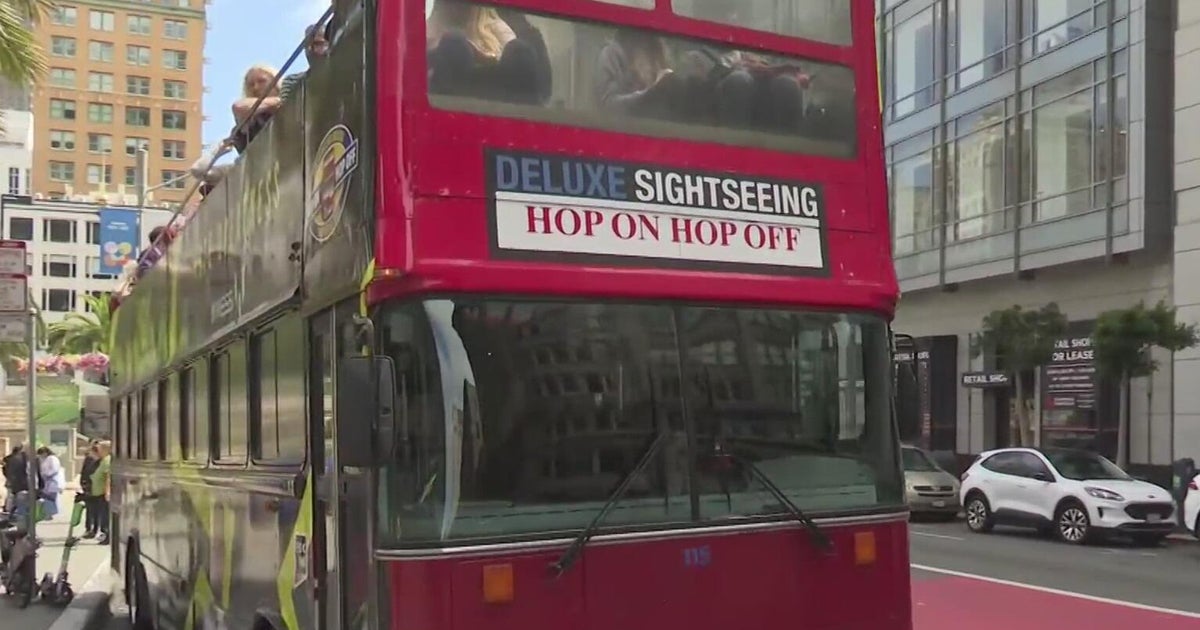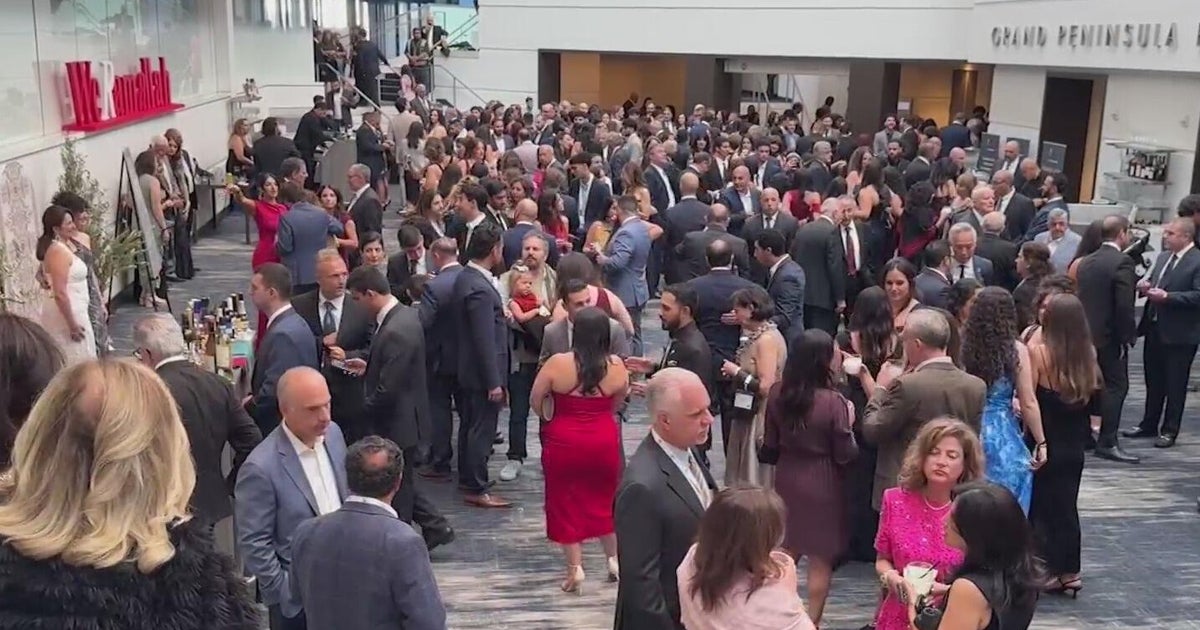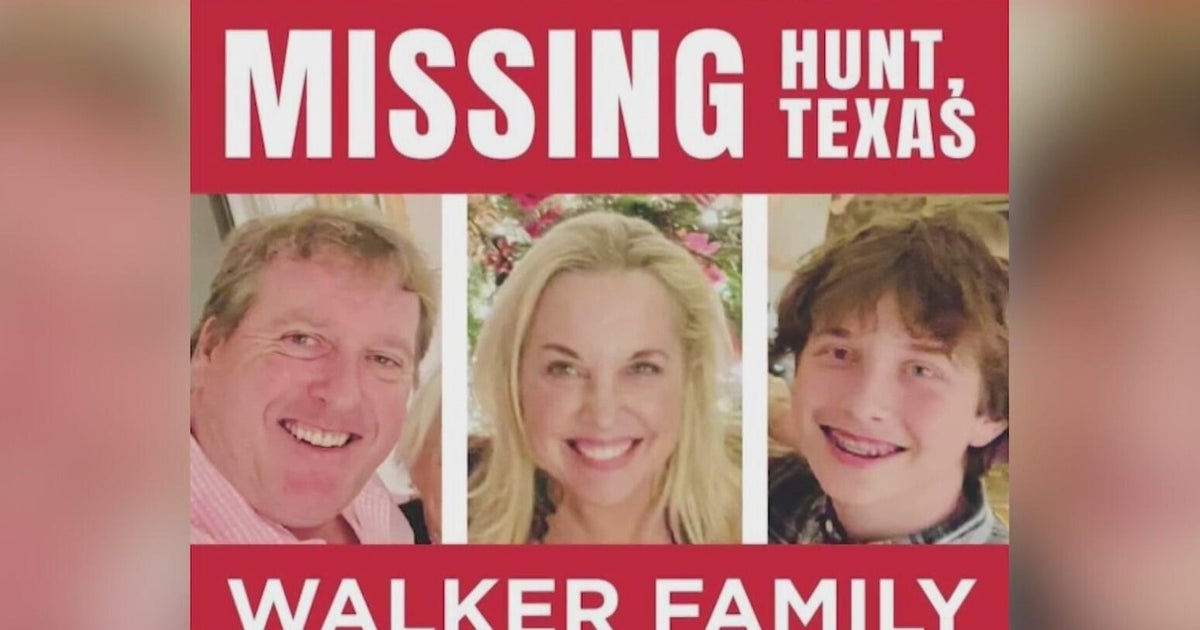Experts Say Solutions to Homelessness Known, Require Commitment
SAN FRANCISCO (KPIX) -- The holiday season is now in full swing, which means many people will be looking for ways to give back.
In the Bay Area, people often look for ways to help the homeless and two professors who have been researching homelessness for more than two decades -- Dr. Coco Auerswald of UC Berkeley and Dr. Margot Kushel of UCSF -- say an important first step is talking about solutions.
"We know what needs to be done. It's really a choice," Dr. Auerswald said.
Both support a housing-first model, which means bringing people indoors.
"For someone who doesn't have housing, there's nothing we can do that causes a bigger improvement in their health than giving them housing," Dr. Kushel said.
Kushel argues that "housing-first" is also the best way to treat anyone with mental health or substance abuse issues. Most people cannot begin to recover until they have a safe space indoors.
"The model has been that we invite people into housing, give them subsidized housing with no preconditions, they don't have to follow certain rules and we find that people's health improves and their sobriety improves," Kushel said.
That means the region needs to prioritize building more shelter space and more affordable housing for those with extremely low incomes. Both professors are urging lawmakers to embrace preventative measures as well, particularly for young people experiencing homelessness.
"If you leave a young person on the street, the cost for that one young person over their lifetime is three quarters of a million dollars," Auerswald said.
Auerswald encourages people to educate themselves on this topic and understand that the homeless are locals.
"Seventy percent of people who are homeless in San Francisco have deep, deep roots here, that's a higher percentage than the housed population. Seventy percent of the housed population does not have deep roots here," Kushel said.
It's an issue that disproportionately affects the black population.
"Sixty percent of kids who are homeless in Berkeley are African American. This is not a 60% African American city," Auerswald said.
"Our population in Oakland, 80% of folks who are homeless are black Americans and less than 25% of Oakland is black; fewer than 6% of San Franciscans are black, yet 37% of San Francisco's homeless are black," Kushel said.
Auerswald says we need to stop accepting that what we see every day is "normal."
"Even though we're outraged, we're numb and we feel like we can't change it, the fact is: we really, really can," she said.



